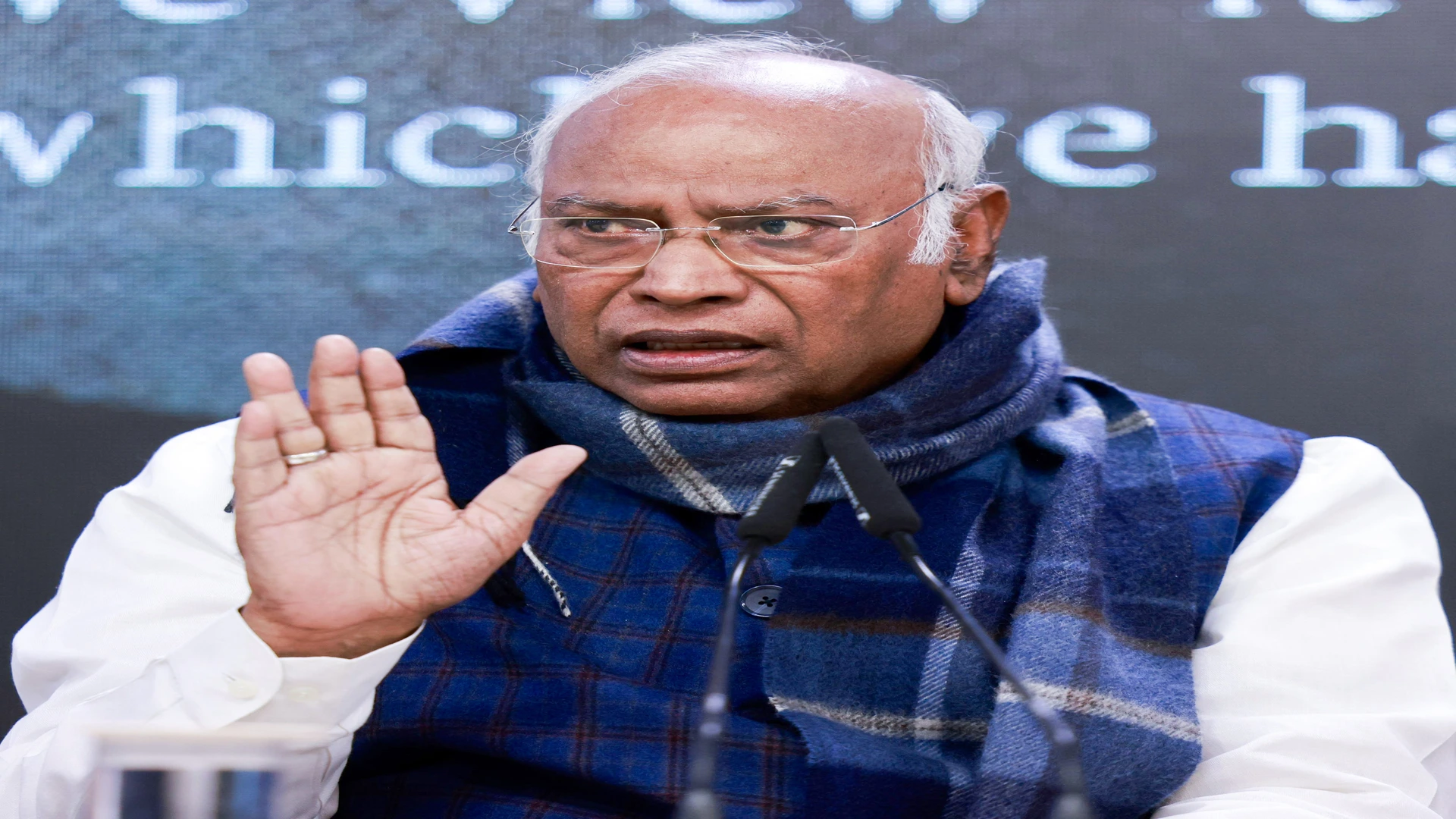Companies (Amendment) Act 2020 has again brought back the provisions of ‘Producer Companies’ into the Companies Act, 2013 and may be considered as important especially in light of the latest Farm Laws. As per the new Framework for farming agreements law and the Freedom of Choice to Sell Farmers’ Produce law, farmer includes the Farmer Producer Organisation (FPOs) which would include a registered producer company.
The concept of ‘Producer Companies’ (‘PC’) in India were introduced into the Companies Act in 2003 (Chapter IXA with 46 sections 581A to 581ZT) pursuant to the recommendations of Dr. Y.K Alagh Committee. In the wake of liberalisation, it was felt that institutions are required to link the rural economy with the emerging new opportunities. Rural producers are at a potential disadvantage given their generally limited assets, resources, education and access to advanced technology. In the present competitive scenario, if cooperative enterprises were to continue to serve rural producers, they required an alternative to the institutional form and thus emerged the concept of Producer Companies. The proposed legislative framework was intended to provide rural producers with an effective alternate organisational form which will both encourage professionalism and a modern corporate culture while retaining and supporting the principles of mutual assistance.
ADVANTAGES OF ‘PRODUCER COMPANIES’
A Producer Organisation (PO) is a legal entity formed by primary producers, viz. farmers, milk producers, fishermen, weavers, rural artisans, craftsmen. A PO can be a producer company, a cooperative society or any other legal form (public trust, society, multi-state cooperative society, etc.) which provides for sharing of profits/benefits among the members. In some forms like producer companies, institutions of primary producers can also become member of PO. Preferred mode incorporation by these producer organisations have been cooperative society.
The concept of Producer Companies were introduced to enable incorporation of cooperatives as companies and conversion of existing cooperatives into companies and ensuring that the provisions accommodates the unique elements of cooperative business within the regulatory framework similar to that of companies. A Producer Company may be differentiated from a Cooperative Society on some of the points enumerated below:
• A producer company is a hybrid between a private limited company and a cooperative society. It combines the goodness of a cooperative enterprise and the vibrancy and efficiency of a company.
• Area of operations is not restricted – it can be throughout India.
• It accommodates the unique elements of cooperative business with a regulatory framework similar to that of a Private Limited Company. AProvides more legitimacy and credibility in the immediate business environment
• One person is entitled to one vote. Further a difference between ‘member’ and ‘active member’ has been made. Active member enjoys special rights with respect to voting, receipt of patronage bonus, etc. (performance is awarded).
• Provides for a professional management with a proper Board of Directors and Chief Executive. Professional management takes care of the conflict of interest situation between members.
• Articles of Association (AOA) of a producer company have to provide for regulations to promote thrift, mutual aid and self help. This is done by mandatory creation of reserve,
• Role of registering authority / Govt. is minimal as compared to cooperative society wherein Government and Registrar of Cooperative Society holds veto powers
• Access to capital with a good business plan becomes easy.
• Provision for education of members, employees and others on the principles of mutuality and techniques of mutual assistance.
Formal mechanism of dispute resolution is available under the Companies Act
INCORPORATION REQUIREMENTS FOR A PRODUCER COMPANIES
A PC may be formed by ten or more individuals or any two or more producer institutions, or a combination of ten or more individuals and producer institutions. This is different from cooperatives that PCs allows registered and non-registered groups, such as self-help groups or user groups to become equity holders in a PC. The requirement is that each of the individual has to be a ‘producer’ (a person engaged in any activity connected with or relatable to ‘primary produce’. Primary produce has been defined as:
• produce of farmers arising from
• agriculture, horticulture, floriculture, viticulture, farming plantation products (coconut, banana, etc)
• pisciculture, animal husbandry, bee raising
• forestry, forest products, and re-vegetation
• produce of persons engaged in hand-loom, handicraft and other cottage industries
• by-products of such products; and products arising out of ancillary industries.
The object with which the Producer Companies are formed is as follows:
(a) production, harvesting, processing, procurement, grading, pooling, handling, marketing, selling, export of primary produce of the Members or import of goods or services for their benefit
(b) rendering technical services, consultancy services, training, education, research and development and all other activities for the promotion of the interests of its Members;
(c) generation, transmission and distribution of power, revitalization of land and water resources, their use, conservation and communications relatable to primary produce;
(d) promoting mutual assistance, welfare measures, financial services, insurance of producers or their primary produce;
SUCCESS STORIES
Government of Madhya Pradesh under District Poverty Initiatives Programme (DPIP) has promoted a few Producer Companies in various parts of the State to eradicate poverty (this is most cited example). Vanilla India Producer Company Ltd (VANILCO) has been promoted by Kerala based Indian Farmers Movement (Infarm), a charitable society with over one lakh farmer members for catering to the long-term interests of the vanilla farmers. Coinonya Farm Producer Company Limited for turmeric and Karbi Farms Producer Company Limited for ginger and chilly in Assam are some other examples. However, it may be noted that some cooperatives like Amul have still not come under this model of business.
SOME FIGURES
Research (IIM-A 2013) shows that the number of members ranged from 11-220 in Maharashtra, 30-6000 in Gujarat, 344-1200 in Rajasthan and 10-6500 in MP. Though authorized capital ranged from Rs. 3-25 lakh across PCs, the paid up capital remained within Rs. 1-5 lakh with only a few (4) touching Rs. 10 lakh and only one having authorised capital of Rs. one crore. But, most of the DPIP PCs in MP had given out shares to large number of farmers ranging from 1200-6500. The number of users was even higher ranging from 2460-8000. Except one PC, most of the PCs mainly did business with membership, and non-member business was only around 20%, but it was the highest among all states.
CHALLENGES FOR PRODUCER COMPANIES IN THE EXISTING FRAMEWORK
• Lack of awareness among Government Departments, NGOs and producers / other stakeholders (like creditors) / Recognition by the State Governments and promotion thereof is lacking. For example, since cooperative have been in existence in Gujarat for a long time, the PC is seen as a competitive entity rather than a complementing one by the bureaucracy and other stakeholders do not have orientation on PCs.
• Non-utilization of conversion class by the cooperatives.
Feasibility studies/inquiries on converting cooperatives into producer companies (In spite such clause in the amendment, so far no such conversions)
• Simplification of registration procedure required. Getting registration and digital signatures of board of directors who are small farmers and illiterate villagers who do not have any identity proofs.
• The PCs in India, in general, appear to be product focused rather than producer/farmer focused. Requirement to facilitate partnership among the producer companies.
• Handholding Required: Poor professional management due to inability to afford professionals
• Lack of working capital support is a major issue. Lack of access to loans as banks ask for 3-year balance sheet as the PCs are not yet recognised by the union or state government for any incentive or support.
• Benefits available to cooperatives not available to PCs act as a hindrance: A comparison of cooperatives and PCs in policy treatment in India shows that income tax exemption, non-taxable welfare income exemption, land lease at nominal rates or free, fertilizer allocation to PACS, foundation seed supply and marketing support to seed cooperatives, state agency grants to cooperatives, export incentives and provision of distribution outlets for selling products which is available to cooperatives is not available to PCs
• Tax related issues: The PCs also suffer from tax on income (30.2%) unlike cooperatives which can show income under tax free heads. Tax exemption to a producer company depends upon the activity it carries on. For instance, income from green tea leaves grown and sold directly is agricultural income under the IT Act. Such income is 100 % tax-free. But if the green tea leaves are further processed and tea is manufactured only 60% of the income derived from such an activity is considered as agricultural income. Only 60% of such income is eligible for tax exemption. Cooperatives are exempted from APMC tax.
STATUS OF PRODUCER COMPANIES UNDER THE COMPANIES ACT, 2013:
J.J. Irani Committee, which recommended for the incorporation of a complete overhauled Companies Act, was of the view that “the administration and management of ‘Producer Companies’ is not in tune with general framework for companies with liabilities limited by shares/guarantees and recommended that Part IX A in the present Companies Act, which has hardly been resorted to (As per the CIN data available on the MCA website, as on 18.11.2017, there were 199 producer companies) and is more likely to create disputes of interpretation and may, therefore, be excluded from the Companies Act.
“The shareholding of a ‘Producer Company’ imposed restrictions on its transferability, thereby preventing the shareholders from exercising their exit options through a market determined structure. It was also not feasible to make this structure amenable to a competitive market for corporate control.
It is felt that producer companies are unable to function within the framework and liability structure of limited liability companies. The Corporate Governance regime applicable to companies could not be properly imposed on this form. Government may consider introduction of a separate Act to deal with the regulation of such ‘Producer Companies’.”
Accordingly, the Companies Act, 2013 retained the provisions relating to the Producer Companies until a special Act is enacted for Producer Companies:
“Section 465(1) – Repeal of certain enactments and savings: Proviso – the provisions of Part IXA of the Companies Act, 1956 (1 of 1956) shall be applicable mutatis mutandis to a Producer Company in a manner as if the Companies Act, 1956 has not been repealed until a Special Act is enacted for Producer Companies.”
Please read concluding on thedailyguardian.com
IS THERE A NEED FOR A SPECIAL ACT?
J.J. Irani Committee had recommended for a Special Act for the Producer Companies and de-linking it from the Companies Act, 2013; however, have only provided two paragraphs in terms of rationale in its report. Findings have been supported with the fact that this model has not been used by many producer cooperatives. This aspect requires a detailed study to find out the exact reasons behind the cold response to this mode of incorporation including as to why successful cooperative like Amul has not preferred this mode.
The present incorporation is just having ‘old wine in the new bottle’.
Producer Companies as a form of business requires a focused policy attention with an objective to promote the following ideas:
Access to Markets: producer companies may help smallholder farmers participate in emerging high-value markets, such as the export market and the unfolding modern retail sector in India. Freedom of Choice to Sell Farmers’ Produce law has addressed this issue now.
Promoting Livelihood and Employment Generation: Advocacy of the concept of producer companies and handholding of cooperatives with a much eased out incorporation formalities would help towards achieving the vision of doubling farmer’s income by 2022. Promotion of areas like handloom, handicraft and other cottage industries, which have not yet been focussed, could have significant potential of employment generation.
Value Creation: Create opportunities for producers to get more involved in value adding activities such as input supply, credit, processing, marketing and distribution. Focus on areas like organic farming, etc.
Taking benefit of Economies of Scale: Aggregation in order to benefit from economies of scale. Reduced transaction costs.
Access to Capital: NABARD has taken up the cause of supporting and to meet the needs of Producer Companies. It set up a Rs. 50 crore Producer Organisation Development Fund (PODF) in 2011, out of its operating surplus. Similar funding mechanisms may be explored.
Sociological Impact: Being part of a formal corporate structure, the producers would have their self-identity and develop entrepreneurship.
It would be interesting to track the developments on ‘Producer Companies’ under the Companies Act, 2013 Chapter XXIA, particularly its role with reference to the Farm Laws and its implementation.
Dr. Vijay Kumar Singh is Dean, School of Law at UPES Dehradun. Views are personal.







